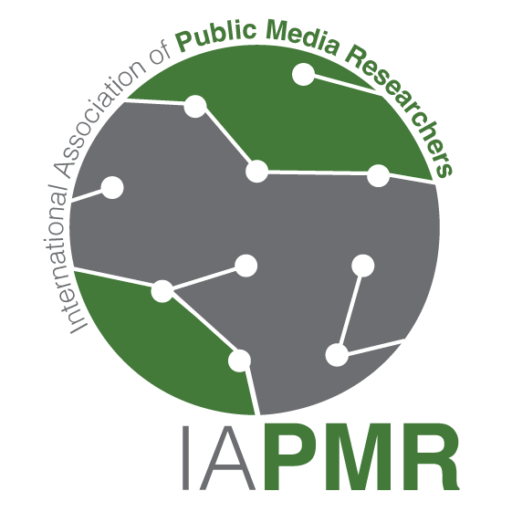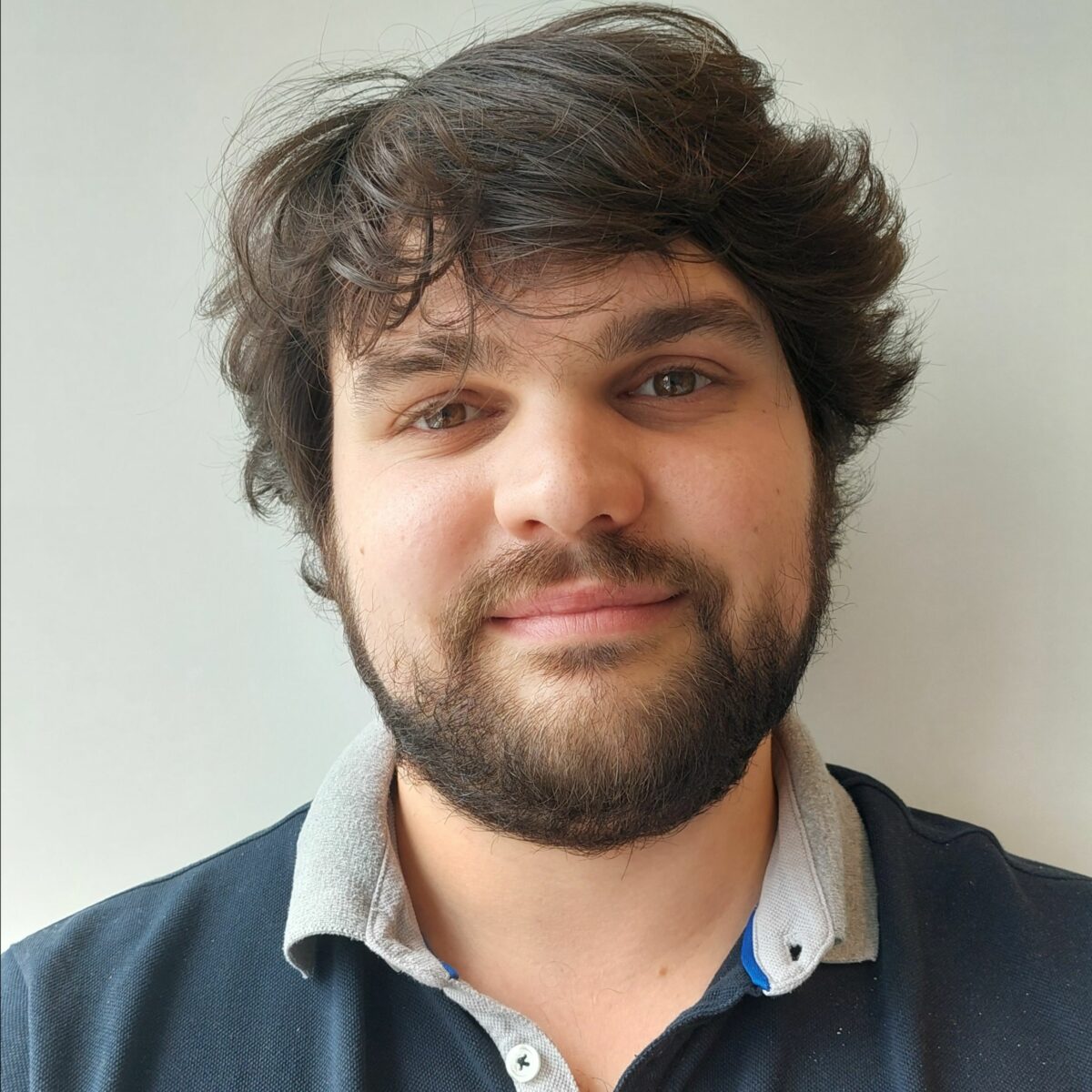Michael Pakvis is a Teaching Assistant and PhD student at the Vrije Universiteit Brussel (VUB), Belgium. He holds Master’s degrees in Journalism and Media in Europe from VUB and in Globalisation and Development Studies from Maastricht University in the Netherlands. Michael’s doctoral research focuses on a hotly debated topic that has been at the forefront of political discussions in many European countries: the impartiality of PSM news.
Can you tell us about your PhD project?
My PhD project studies the role of impartiality in public service journalism, analysing it across different case studies, such as VRT in Flanders-Belgium and RAI in Italy. Although they operate in different media systems according to traditional media studies, my aim is to understand how impartiality is concretely implemented in daily newsroom practices. My PhD looks at different levels where this operationalisation takes place, starting from media regulations, continuing at the level of internal guidelines, deontological codes, and public service contracts, and making its way to daily newsroom routines. The project is currently still developing in line with my results and publications, and I hope to include more case studies, perspectives, and even methodologies in the (near) future.
What motivated your research?
The main motivation is my interest in the way in which this complex, abstract concept is used by both practitioners and critics of PSM to justify or attack the validity of their news reporting. Due to the growing attention and concern, its increased centrality in reporting and guidelines seems to be evolving into a means by which PSM can equally defend and damage their trustworthiness if the value becomes a constraint on their editorial freedom. With upcoming elections and a predicted turn to far-right parties, which are often at the forefront of criticism of PSM reporting, providing clarity on this value is fundamental for further developing the relevance of public service journalism in polarised societies. Furthermore, the comparative elements of my research, beyond their scientific justification, also have a basis in my personal upbringing. Being Italian and Dutch and having experienced since childhood two very different (news) media systems, I find it fascinating (and very confusing) to see how the same news can be portrayed in different styles, with different editorial choices within and across countries.
How can your research contribute to the study of Public Service Media?
My research contributes to the study of journalistic values in Public Service Media. By focussing on their implementation in daily routines I hope to provide relevant insights into how they are interpreted and implemented at national level. By analysing overlaps and nuances I want to contribute to comparative research amongst different European PSM, even those that are traditionally seen in different lights or compared in other contexts, such as VRT in Flanders-Belgium and RAI in Italy. I think that this contribution is particularly valuable as we as researchers have the opportunity to formulate recommendations about both policy documents and practices, based on different PSM experiences. In doing so, I hope to contribute to dialogue amongst practicioners and researchers alike, finding both theoretical and practical lessons for the development of PSM in troubled times.
What are the main challenges you are facing in your research? Is any of them related to being a young scholar?
Personally, the main challenge is to combine research with teaching. Both are part of my mandate at the Vrije Universiteit Brussel and both can be quite demanding for a young scholar who is trying to find his way around research methodologies and publication strategies, while at the same time assisting in multiple courses. Especially finding sufficient time to dedicate to both is a challenge as preparation of classes, feedback and grading take up a lot of time and concentration away from research activities. Nonetheless, I find that the combination of the two is very helpful and insipiring as it provides an in-depth understanding of structures within university and the way in which research can impact education (and vice versa). For example, implementing one’s own research project in the educational curriculum (where appropriate) can be a way to motivate students and form awareness about a select topic. Furthermore, the combination also provides a holistic view of fundamental developments in the field of scientific research. For example, tackling gen-AI such as Chat-GPT from a research perspective is interesting thanks to the possibilities that it can provide in terms of organising and analysing data, literature reviews but can pose significant problems for traditional forms of evaluation. As such, even if it is challenging I think that this combination is becoming increasingly necessary to prepare oneself for a future in academia and I am very happy to be able to contribute to both at the department and faculty level.
Is there any (emerging or senior) scholar that has particularly impacted your work in any way? Who and why?
The works of Stephen Cushion and Annika Sehl have been fundamental in establishing my PhD project. By combining their contributions on the specific struggles of public broadcasters in combination with the role of impartiality in public service media journalism, I have been able to substantiate the relevance of my PhD project and its contribution to the field. Furthermore, the academic works of Thomas Hanitzsch have been fundamental in linking the struggles of public service journalism with journalism studies, approaching and distinguishing between roles, aims, practices and reflections on journalistic routines. Finally, the works of Karen Donders and my PhD supervisor, Professor Tim Raats, have been fundamental in rooting my research in a comparative, pan-European perspective, highlighting the relevance of local realities in understanding the relevance of policy processes for journalistic values such as impartiality.

